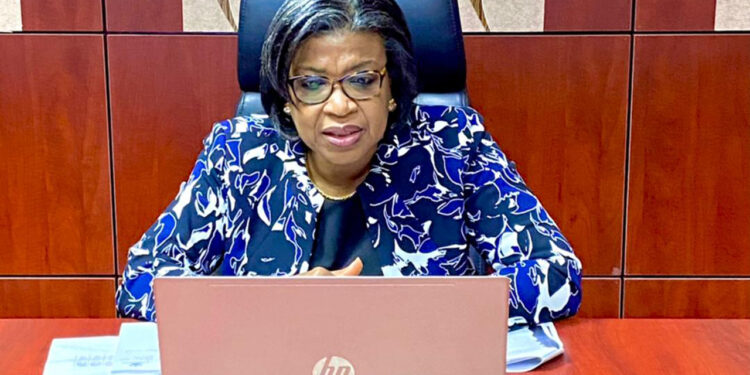Foreign investments in Nigeria’s manufacturing industry experienced a significant uptick in 2023, reaching $1.5 billion compared to $948 million in the previous year, according to data released by the National Bureau of Statistics (NBS).
The NBS’s capital importation report highlighted that the manufacturing sector emerged as the top investment destination, surpassing other sectors by a considerable margin. Banking and finance sectors followed, albeit at a distance, ranking second and third respectively among the top investment magnets.
The $1.5 billion invested in manufacturing in 2023 constituted 39 per cent of the total capital importation for the year, which amounted to $3.8 billion. This surge in foreign investments underscores the growing confidence of international investors in Nigeria’s manufacturing landscape.
However, despite the notable increase in manufacturing investments, overall foreign investments to Nigeria experienced a decline, dropping to $3.8 billion from $5.4 billion recorded in 2022. The decline was attributed to various factors affecting foreign investment sentiment in the country.
The breakdown by investment type revealed that other investments attracted $2.37 billion, while portfolio investment accounted for $1.1 billion, and foreign direct investment brought in $377.3 million.
In terms of geographical distribution, Lagos State emerged as the top destination for investments in 2023, attracting $2.5 billion, followed by Abuja with $1.1 billion. Other states such as Abia and Rivers also recorded notable investment inflows, signaling a diversification of investment opportunities across the country.
However, despite the positive trend in certain states, 29 states failed to attract any investments during the period, indicating disparities in investment attractiveness and potential areas for improvement in investment climate and infrastructure.
The report also highlighted a broader trend of declining foreign investments in Nigeria over recent years. Between 2019 and 2022, the country witnessed a cumulative decline of $18.6 billion in foreign investment inflows. Several states, including Taraba, Yobe, Zamfara, and others, struggled to attract any foreign investments during this period.
Despite these challenges, Nigeria remains an attractive destination for foreign investors, with significant opportunities in various sectors. The government’s efforts to improve the ease of doing business and address investment bottlenecks are crucial in attracting more foreign investments and driving economic growth and development.
As Nigeria continues to navigate its economic landscape, fostering an environment conducive to foreign investment inflows will be paramount in realizing its growth potential and achieving sustainable development goals.










